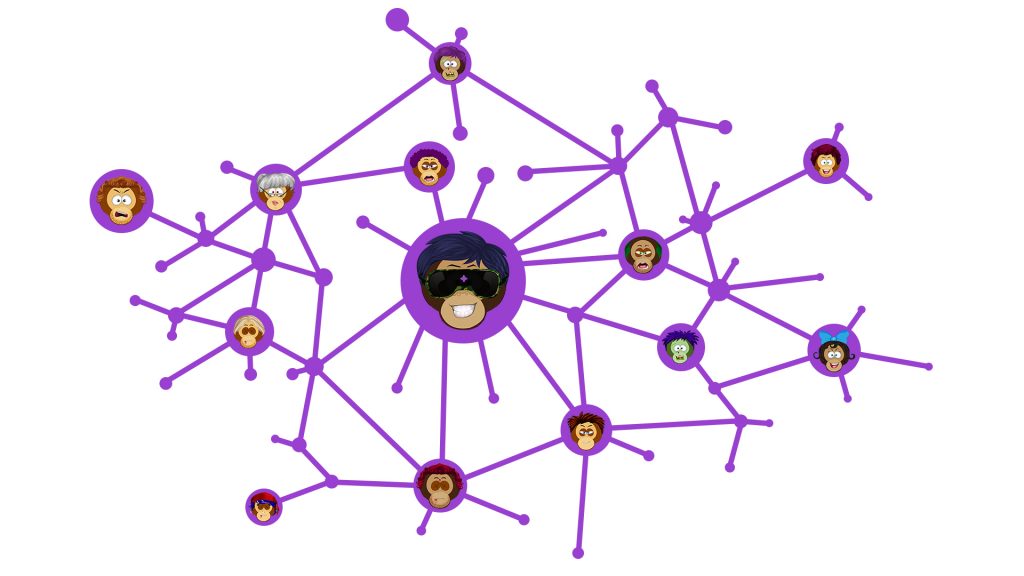Today, things have changed with technology like Blockchain, metaverse, decentralization, etc., leading to the evolution of the next-gen web known as Web 3.0. Here is a discussion regarding what Web 3.0 is and how it will impact the content creator economy.
Web 1.0, also referred to as the read-only web, enabled easy data accessibility and allowed information sharing.
Web 2.0 enhanced the ability to generate content online and communicate on social media.
Web 3.0 further protects data privacy and transparency by enabling content creators to personalize their creation and impacting the creator economy by providing content for all.
The modern Industrial Revolution started with a change from the world of horses and human muscle power to machines. Similarly, the invention of the internet revolutionized lifestyle and took it to the next level. During the initial years of the internet, people could access information over the web. It was called Web 1.0, also known as the Read-only web. Subsequently, people began communicating with others over the internet through emails, chat messengers, etc., leading to a social media revolution and the birth of Web 2.0.
(Image Source: Pixabay)
What is Web 3.0, and How Does it Differ from Web. 2.0?
In simple terms, Web 3.0 is an improvement over Web 2.0. With Web 2.0, the internet has become more social. While it encourages people to connect using platforms such as social media applications, services, and blogs, it has led to massive volumes of content and data.
Besides, in Web 2.0, tech giants such as Facebook, Google, etc., have a certain level of control over users’ data and content, leading to privacy issues. People think they have lost freedom over their data because they have to accept the terms and conditions to use the services offered by these large corporations. Besides, social media controls which content to take on its platform. Thus, content creators feel suffocated because the present situation affects, in some manner, free speech.
Web 3.0 aims to overcome this problem by introducing a decentralized version of the internet where each person has control over their own data. Thus, one can expect Web 3.0 to offer more transparency and offer content that will be accessible to all without prejudicing the rights of the actual owners of the content. Some prime examples include social tokens and NFTs, where the creator of the content retains the ownership and is may even be eligible to receive royalty income on every subsequent sale of the digital asset.
How Web 3.0 Will Impact The Creator Economy
Web 3.0 is all about empowering the content creator along with content users and service providers. Content creators include a broad cross-section of people, including artists, gamers, journalists, influencers, and everyone who creates content and connects with their fans/users.
While the platforms mentioned above constitute a crucial aspect of Web 3.0, the defining technologies which would take it a step forward include AI/ML, VR/AR, cryptocurrencies, Blockchain, smart contracts, etc. These technologies revolutionize content creation, whereby the creator can claim ownership and get adequately paid for their work. Besides, it can impact the creator economy by providing excellent opportunities to content creators and changing how people understand the internet.
Opportunities for Content Creators in Web 3.0
Digital content creators gain a lot through the opportunities offered by Web 3.0. Some of them are:
- Content Development/Creation: Web 3.0 opens new avenues for content creation with the metaverse easily accessible with features like digital goods, personal avatars, in-content purchases, etc. NFTs have already made their presence felt in the corporate world, with Nike acquiring RTFKT and other similar mergers and acquisitions. Besides, concepts like digital malls, metaverse weddings and parties, and other virtual entertainment experiences are fast gaining popularity.
Artificial Intelligence (AI) and Machine Learning (ML) enable content creators to create better content quickly and personalize them according to the owners’ usage patterns. Creators benefit from secure and intuitive content management systems that speed up workflows by leveraging real-time rendering and transcoding on the distributed network. These improvements make content creation more manageable. - Ownership, Smart Contracts, Royalty Income: Web 3.0 presents opportunities for content creators to own content and monetize it appropriately using smart contracts. These contracts can be set up with specific “If/Then” clauses to release payments automatically on approval. In addition, the use of blockchain technology ensures that content creators get paid for their efforts on time.
Besides, smart contracts redefine ownership, making piracy more challenging because blockchain networks can capture content licensing. The content will come with ownership details embedded in the code. Hence reposting and aggregating content without the owner’s permission becomes impossible.
Finally, content creators like artists, musicians, etc., can include royalty income in their smart contracts. It can help generate a confirmed income stream every time the digital assets are traded on the platform. - Passive Income Generation: The most crucial benefit of the blockchain network is eliminating intermediaries from the scene to create high levels of transparency and better income generation for the content creators.
There are NFT platforms like OpenSea charging a transaction fee of 2.5%, but it ensures a higher proportion of the generated income to the content creator or the artist. Web 3.0 allows content creators to track their digital assets and monetize them to ensure a regular passive income stream for the rest of their lives. The payment is generally in cryptocurrencies, and Web 3.0 will fuel the crypto economy to coexist. - Empowering Content Creators: Web 3.0 allows content creators to control their careers better as they need not monetize their work through YouTube ads or copy-pasting on Instagram. It does not allow platforms to promote content through scrolling. Instead, it empowers creators to connect with their fans and get paid well without involving intermediaries that take a significant part of the profit.
Web 3.0 is a much-improved version of Web 2.0 and offers better benefits over Web 2.0 platforms:
- While Web 2.0 platforms provide excellent communication and online interaction, Web 3.0 platforms improve personalization, guarantee ownership, and secure content sharing.
- Web 3.0 is considered more reliable than the earlier generations because of its decentralized networks. In addition, it ensures that content users exercise complete control over their online data.
- Tech conglomerates cannot control your internet usage in Web 3.0 because of its decentralization. Therefore, DApps cannot be censored or have their access restricted.
- Content creators can market their content better through Web 3.0 by using smart contracts and blockchain technology to eliminate intermediaries. Thus, it enables them to earn higher income and get total value for their content.
- Decentralization ensures the storage of data on distributed nodes. Therefore, users need not worry about service disruptions, suspension of accounts, or similar technical difficulties.
Our Conclusion
While Web 2.0 enabled social media interaction and better communication, data privacy issues necessitated the revolution of Web 3.0. A significant advantage of Web 3.0 over Web 2.0 is blockchain technology and decentralization to eliminate intermediaries from the chain. Thus, content creators, influencers, and users get better transparency and total value for the content they create and promote to impact the content creator economy broadly.
You can check out the way we wish to change the social media environment with Open Word by reading our White Paper here.



